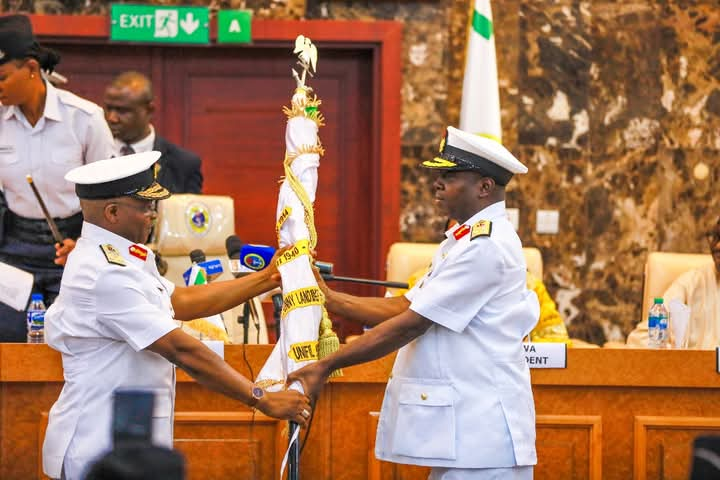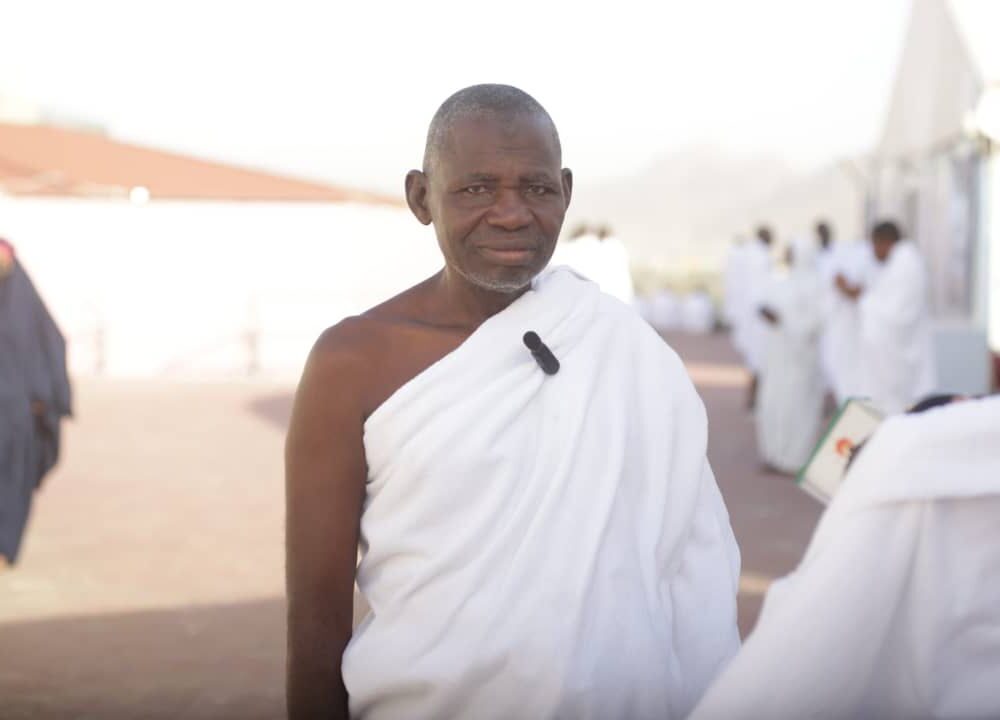In the early hours of last Saturday, February 17, 2018, Prof. Akinwumi Isola solemnly joined the worthy ancestors of the Yoruba nation. As the author of the widely acclaimed Yoruba historical dramas, Efúnsetán Aníwúrà, Ìyálóde Ibadan and Tinúubú, Ìyálóde Egba as well as Ó le kú, a complex, but hilarious, love story, and Ogún Omodé, a recollection of episodic memoirs of his childhood, Prof. Isola would stand side by side with the departed giants in Yoruba scholarship and dramaturgy.
He would dine with departed novelists, playwrights, dramatists, and scholars of Yoruba language and culture, including D. O. Fagunwa; J. F. Odunjo; Herbert Ogunde; Duro Ladipo; Kola Ogunmola; Adebayo Faleti; Adeboye Babalola; Afolabi Olabimtan; and others. In a sense, during his lifetime, he was one or the other of these culture practitioners, depending on which of his contributions was in focus.
At the same time, he would be sorely missed by scholars of Yoruba language and culture he left behind, including his surviving teachers, notably, his Ph.D. thesis supervisor at Ibadan, Prof. Ayo Bamgbose, the preeminent scholar of Yoruba language. So important a student was Prof. Isola to Prof. Bamgbose that the latter had to break a vow: “I had made up my mind that I would no longer write in the condolence register for any younger one, who died before me; but can I do that now? I cannot do that. I have to write something for Akinwumi Isola”.
Similarly, current Yoruba artistes in film and theatre and thousands of consumers of his work in various forms and media would miss him. This is particularly true of Tunde Kelani, who directed the film adaptations of Prof. Isola’s Kò seé gbé and Ó le kú.
In particular, he will be missed by the University of Ife community, especially his old colleagues in the Department of Theatre and Dramatic Arts, including Profs Wole Soyinka, Kole Omotoso, Sope Oyelaran, Dr. Yemi Ogunbiyi, with whom he co-authored some scholarly publications, and Karin Barber, now of the University of Birmingham in the United Kingdom.
As a crusader for the propagation of Yoruba language and culture, Prof. Isola devoutly deployed his talent and intellectual endowment to the study and promotion of the language. He never shied away from wearing his Yoruba identity on his person. It was boldly inscribed on his cheeks and on his style of garment, not to speak of his onomastic identification. He spoke Yoruba with so much gusto and relish that you might even not know he could speak English and French.
Beyond these obvious badges of identity, Isola studied, taught, and propagated Yoruba language and culture in speech, in writing, in film and in stage performances. First, he conducted research into Yoruba language, culture, and history as well as translated works from other languages into Yoruba. The translated works include Soyinka’s Death and the King’s Horseman and Ake, the Years of Childhood.
Second, he wrote profusely on Yoruba language and culture in various forms and genres, including drama, the novel, the essay, and academic research publications. His notable plays include Kò seé gbé and the two historical dramas mentioned earlier. His novels include Ó le kú. He also wrote what amounts to an autobiographical account of his youthful years, titled, Ogún Omodé.
In his academic writings, published in various journals and book collections, he examined the features of Yoruba oral poetry; discussed the characteristics of the modern Yoruba novel; critiqued Yoruba theatre; and wondered aloud about the future of Yoruba language and culture in an increasingly globalising world.
Third, like Bamgbose, who, in the spirit of encouraging the use of Yoruba language, once advised his son and daughter-in-law not to speak English at all to their newborn, but to use only Yoruba at home, Isola insisted on the use of Yoruba language, even in formal settings. Accordingly, he gave a convocation lecture in Yoruba language at the Adekunle Ajasin University, Akungba-Akoko in 2013. He was the first, and remains the only one, to do so.
Fourth, although Isola’s creative works were written in Yoruba, their impact on the international community has been facilitated by Prof. Pamela Olubunmi Smith of the University of Nebraska in the United States. Prof. Smith has translated into English Isola’s two historical dramas and, most recently, his acclaimed childhood memoirs, Ogún Omodé.
In his review of the English translation of the memoirs, titled, Treasury of Childhood Memories, Prof. Femi Osofisan had this to say: “Childhood is the lost Eden that all adults recall with nostalgia, and in this collection of 13 scintillating stories, one of the finest living writers in the Yoruba language, Akinwumi Isola, plunges back into the archives of memory, and recreates for us some of the delightful episodes of that nirvana of his youth. Told with his customary poetic skill and wit, his unmatched gift of the gab, his command of the opulent rhetorical resources of the Yoruba language, the episodes sparkle like precious stones, telling of a time of innocence and of a world that, sadly, can no longer be retrieved”.
On the same occasion of the launching of the translation, Bamgbose revealed that it took Isola only two years to complete his PhD. studies and dissertation write-up. This highlights an important aspect of his growth as a scholar. He blossomed in the late afternoon. Although his interest in Yoruba language and literature was deep-rooted, his first degree was in French. This did not deter him from pursuing his interest in Yoruba. For example, it was during his undergraduate years at Ibadan that he wrote Efúnsetán Aníwúrà.
He had his degree in French in hand for well over a decade before moving on to earn a Master’s degree in Yoruba literature from the University of Lagos in 1978. He was well over 40 before he embarked on a doctorate. This delay might have been due to the delayed appearance of Yoruba as a subject on the university curriculum. Nevertheless, like old wine, Isola matured with age. He became a prolific writer, dramatist, performer, and scholar.
Three factors informed his life and works. One, Isola was honest and straightforward with a penchant to tell it as it is. These attributes were reflected in the intellectual honesty of his research and writings.
Two, he was hilariously witty, and he told his jokes with an admirably “sweet” tongue. No one needed to tell you that he was an Ibadan man.
Three, Prof. Isola was loyal, devoted, and dedicated to whatever goal he set for himself. One such goal was the propagation of Yoruba language and culture as a life occupation.
While we were still colleagues at Ife, I once had a protracted argument with him about the phenomenon of language shift. I had tried to convince him that one of two languages in contact often becomes dominant over time, and that no matter how much effort he tried to put into expanding the domains of Yoruba use, the dominance of English would prevail, especially in the formal settings of the school, office, and governmental institutions. Even when efforts are made to encourage the use of Yoruba at home, neither language experts nor the government had control over the domestic sphere.
I further cited the case of the Ife Six Year Primary Education project for which I was a research assistant. In the project, all school subjects, except English language, were taught in Yoruba throughout the six years. Societal forces prevented the reproduction of the scheme, even when Prof. Babs Fafunwa, who pioneered the experiment, became the Minister of Education.
Isola did not allow me to conclude, when he interjected with deprecating humour: Ìwo máa fo Èèbóò re lo. Yoruba ti’a laá maa so.





